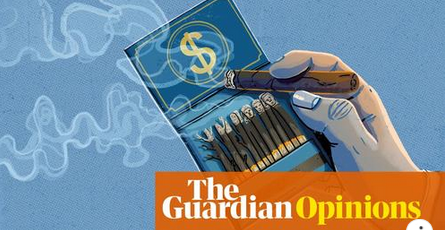George Monbiot argues that any thought of changing capitalism to make it more environmentally friendly hinges on a denial of what capitalism is: an ultimately destructive force that invariable leads to trashing our own planet. But is that necessarily true? A traditional definition of capitalism as found in “European Economic History: The Economic Development of Western Civilization” defines “capital” simply “as resources which are not consumed, but delegated to the production process.” That definition “under modern capitalism” means these resources come from “savings of a substantial part of annual production.” In other words, under capitalism, part of the benefits of production (profit) are ploughed back into generating more production. Unfortunately, it is true that when this system is tied to consumerism (especially if it fails to factor in all environmental costs), we can wind up with the economic system we have today as Monbiot describes. But what if “capital” is defined differently? What if the “products” of this system were elements that created a net improved environment? What if we decoupled this system from constant growth in consumerism? Will it still be capitalism? All of which combine in the fundamental question raised by the Monbiot’s article: can capitalism be repurposed to make it more benign or must it be abandoned altogether?

Trashing the planet and hiding the money isn’t a perversion of capitalism. It is capitalism. The Guardian. October 6, 2021. “Exploiting people, exploiting land, and keeping its ugly side secret. Its historical effects are all too recognisable in the Pandora papers now.”
I also recommend the more sustainable/affordable/progressive candidates vetted at this website: https://www.climatevotenanaimo.com/
Thank you for putting my thoughts into words. Too many on current council use the province's negligence as an excuse…
The council is responsible for the citizens well being safety food security and sheltor for ALL
As I see it every time people will tell you what they think we all want to hear,and after elected…
Dan, a case of “those who know don’t speak, and those who speak don’t know”?
I see no reason to believe that the electorate is more or less informed this cycle, but I have noticed…